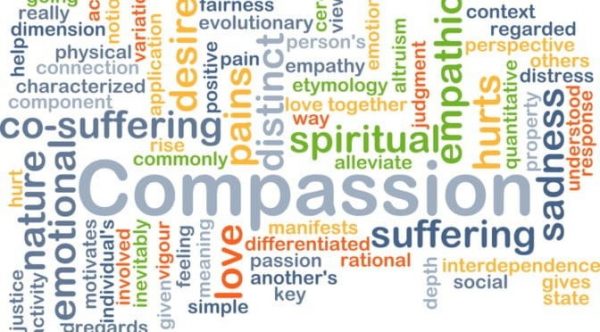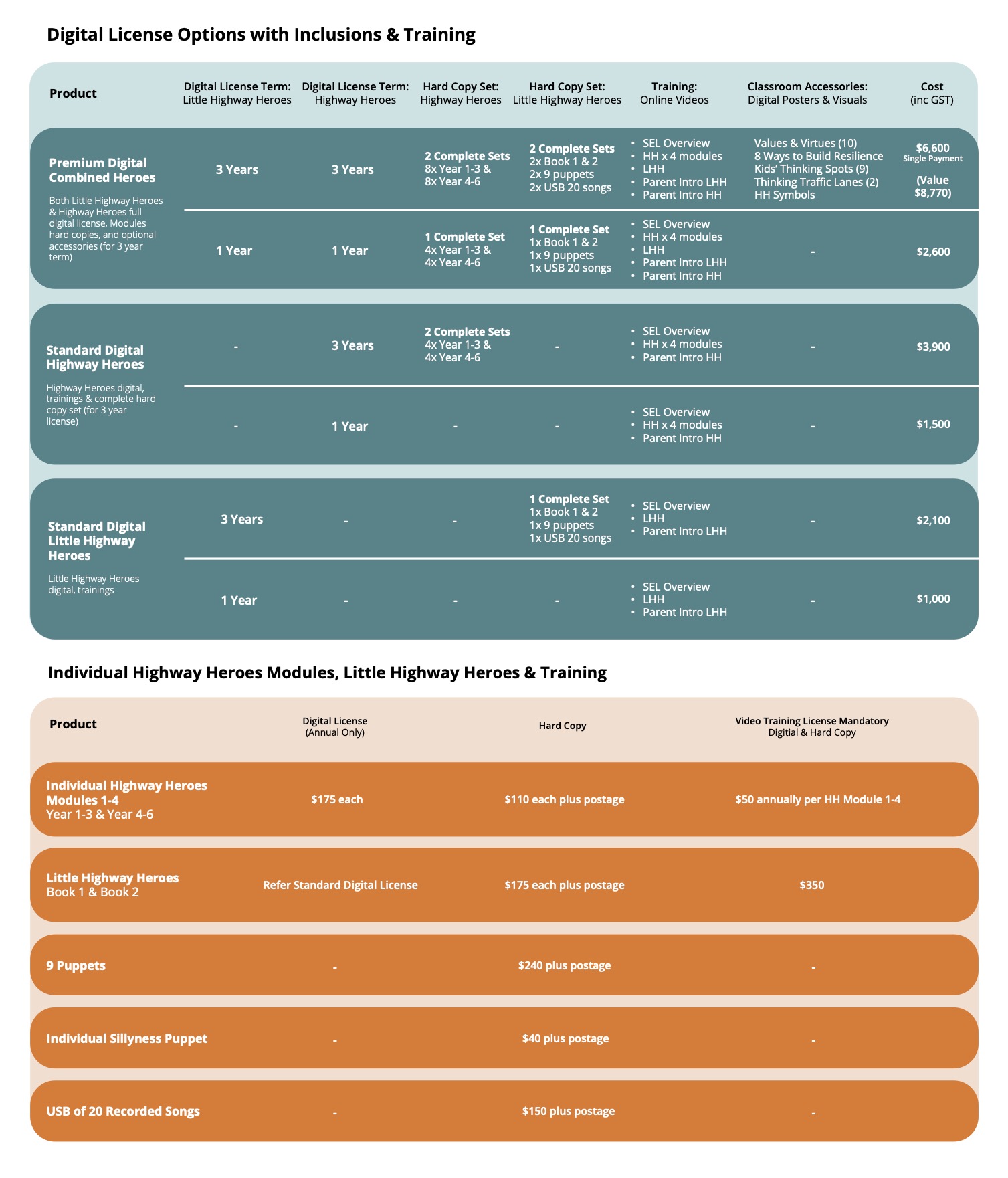Were you the sympathy crier as a child? Someone cried and you immediately empathised with their distress. Maybe the next steps were approaching, soothing, giving up what you were doing to meet the needs of the person in pain? If this was you then there’s a VERY BIG CHANCE that you’re the same sort of adult.
Many adults who are drawn to caring professions already had well established patterns of caring for others through their growing up years. High levels of empathy and high levels of compassion tend to be the unifying factors. And yes, those are two different things. Empathy is being able to see events from another’s perspective and compassion is wanting to do something about it.
Empathy and compassion are at the very core of the soul of the beautiful human. We all know this sort of person – the one who offers to cook you a meal when you’re feeling unwell, pick up your kids, to be there to support you when times are tough in meaningful and practical ways. “You’re a saint!” you declare, wondering how they knew just what you needed and met you in just the right way at just the right time.
Patrolling the boundaries of your empathy and compassion
If you are the empath, the compassionate one, the local shoulder to cry on or human tissue that absorbs many tears – there is a chance that you do it unconditionally. This might leave you feeling emotionally worn out – and sometimes under appreciated. You may wonder if you have “sucker” tattooed on your forehead. While everyone depends on you, when you need help, no one thrusts themselves forward into the position of being there for you. You can feel taken for granted, used and burnout.
Good, solid boundaries around the giving, altruistic part of yourself are essential – and for many women especially, these boundaries are often missing or very badly patrolled if they do exist. Turning your empathy and compassion inwards is a learned skill that needs practise – lots of it and constant review. This is often difficult for the serial Mother Teresa type. The feeling of guilt, of being selfish or self-centred follow hot on the heels of daring to say, “No, I simply can’t do that for you today – I’m stretched thin right now.”
When compassion fatigue sets in
Having no more to give, nothing left in the tank, feeling stretched thin, used up and emotionally tired right to the very core of your being are usually pretty good signs that’s you’re experiencing compassion fatigue (burnout). But there are also the ugly signs – like feeling deep resentment and anger. When a situation demands your emotional energy you think, “Why always ask me?” You might even hold other people up to your own standards – and when they routinely fail to perform in the way that you would have, a feeling of being used and ripped off gnaws at your insides.
7 steps to reigning in your goodness
- Say ‘No’ more – it’s quite liberating. Listen to that internal voice – if it’s groaning make sure your words don’t slip out before your brain has had the opportunity to reign your compassion in.
- Make time for yourself – empathy and compassion are allowed to be turned inward. It’s not selfish – it’s self-sustaining.
- Write down every aspect of your functioning – self, parenting, partnering and working – that you come at with empathy and compassion. Are they balanced or is there nothing in the ‘Empathy and compassion for me’ column?
- Balance each act of giving to someone with one for yourself. It’s good to replenish your reserves.
- Learn how to take a compliment. Empathetic and compassionate people are often self-effacing. “It was nothing. I just knocked that lasagne up at the same time I made my dinner.” Accept a thank you as acknowledgement of your ability to shine a light in the lives of others.
- Celebrate and love yourself for being such a truly wonderful person. Make it a point of internal pride – something you’d tell someone about yourself. It’s quite OK to celebrate aspects of yourself that make you an awesome human being.
- Use resentment as your burnout indicator. When you feel that bubbling up and you listen to your internal dialogue that goes along with it, take some time out. The true empath often feels used up and exhausted and resentment is an emotion that brings attention to the need to slow down, step out or set firmer limits.
You matter too – in fact you matter the most
The world needs more people who will stop and give a homeless person a fiver to get something warm in their belly, who will cook a meal for a friend, who will show up when their loved ones need them the most – even if inconvenient. Empathy and compassion are the most beautiful aspects of any human being – far more beautiful than anything on the surface.
But, there is only so much you can give – of yourself before you need to rest and replenish yourself internally. This means knowing how to nourish yourself – yes physically but emotionally and spiritually too. Feeling that your very spirit is worn out, exhausted and that you have no more to give can lead to physical and mental health issues – and you’re far too precious for that.
Looking after yourself as rigorously as you look after others is essential. How about making today the day you start looking after you with as much compassion and empathy as you show others?
Would you like to read more and have access to tried and tested strategies and approaches to looking after yourself? The Teacher Mini-Guide – Identifying and Managing Compassion Fatigue is the go-to-guide for a range of strategies that can be implemented immediately.
https://bestprograms4kids.com/shop/teacher-mini-guide-identifying-managing-compassion-fatigue/


